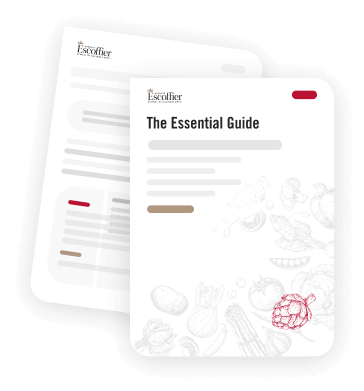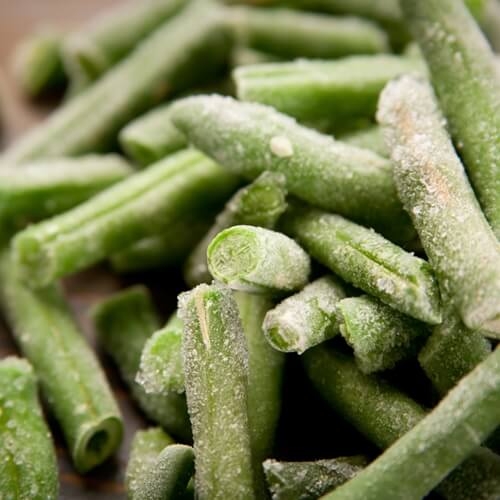Should you buy fresh or frozen?

Many foodies are conflicted when it comes to buying frozen fruits and vegetables as opposed to fresh. Will their dishes for culinary academy taste right with frozen vegetables? Will people be able to tell? Since produce is seasonal, it's not always possible to get the food you want fresh, especially in the winter. While there are things you must take into account when buying frozen food, in many cases, it's the wisest and most cost-efficient choice.
Buying produce
Frozen produce is packaged and frozen right after being picked, when nutrients are at their peak, so they don't break down over time. In fresh produce, nutrients begin to break down as soon as they are picked, according to the Washington Post. This is especially true for veggies like spinach and fruits like berries. So frozen options can actually be more nutritious than fresh. Frozen fruits and veggies can stay at their peak for about eight months unopened, and about two months after the package has been opened.
However, some packaged produce can be tricky. When buying frozen fruits or vegetables, make sure you look at the ingredients listed on the package. The product itself should be the only thing listed. Make sure they aren't packaged in syrup, butter, garlic or any other additive. This can bring the sugar or sodium levels up significantly, negating the extra nutrients found in frozen produce. If you're buying in bulk, rather than small packs for one meal at a time, look for resealable bags so you can prevent freezer burn and ice crystals. When produce is freezer burned, it can become dehydrated. This can cause a loss of flavor and nutrients. Lastly, check to see that the vegetables haven't frozen into a solid lump. It could mean that they've been thawed before, so a lot of the vitamins and minerals have probably dissipated.
The bottom line: Just because a product is frozen, doesn't necessarily mean that it isn't natural. If you're purchasing off-season produce, your best bet is to go with veggies or fruits from the freezer section for a healthier choice. If you grow your own vegetables, you can even freeze them right upon picking so you can enjoy your harvest well into the winter.
Buying meat and fish
Whether you're buying frozen fish or freezing the fresh meat you bought at the supermarket, the freezer is your friend. Freezing your meat and fish ensures that it won't spoil before you get to eat it. In the same vein as frozen produce, most frozen fish is flash frozen right on the boat where it's caught to ensure nutrients are kept at their peak and the fish is still fresh by the time the boat returns to land. In fact, the "fresh" fish you buy at fish markets has probably been frozen as well, because the process kills parasites. The most important thing to note when it comes to frozen meat and fish is to make sure that you thaw it in the fridge, rather than on the counter. It may take longer, but keeping the temperature cool lowers your chances of foodborne illness.


